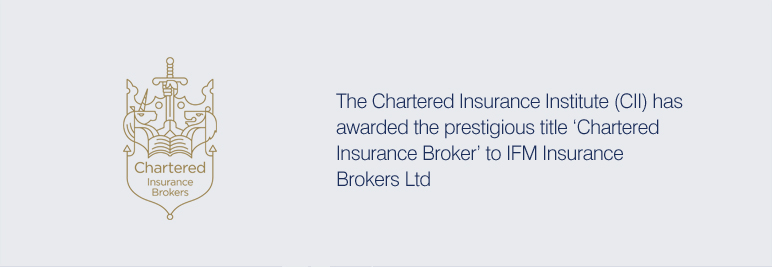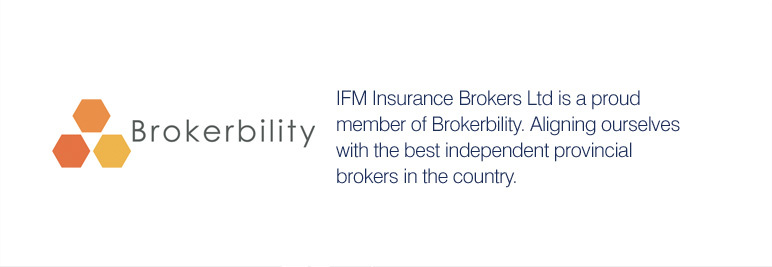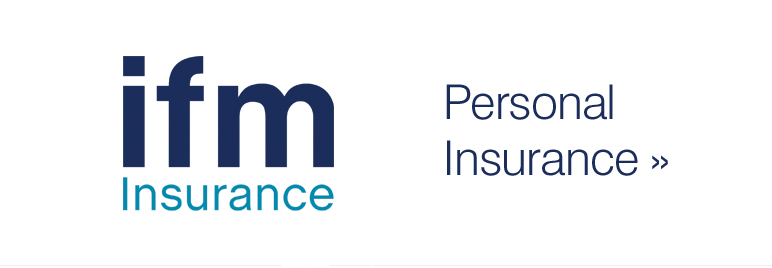
The Importance of Ensuring Your Claim is Paid
Getting a claim paid is arguably the most important aspect of insurance for a business. After all, if the worst happens, a business, having paid its premium, should expect a claim to be met to put things right.
Settling an insurance claim involves several stages and there are key actions which firms can take to ensure their claim is resolved quickly.
Motor, Property and Personal Injury Claims are the most common types of claim we see from our clients.
Being prepared for motor claims
It is imperative firms register any commercial vehicles used by the business on the Motor Insurance Database (MID), a central record of all insured vehicles in the UK. It is a legal requirement for vehicles to be registered on the MID. If not, insurers can reject any claim made against the vehicle.
The premium your business pays for motor insurance is based on a calculation of various risk factors and it is vital you inform us of any vehicle or driver changes, along with details of any convictions or prosecutions pending. This may increase the premium you pay, but you will be safe in the knowledge that your policy will respond in the event of a claim.
Terms and conditions within insurance policies do stipulate that claims/any incident that may give rise to a claim be reported immediately. This not only ensures your own claim is dealt with quickly, but, in the case of an ‘at fault’ claim, allows your insurer to potentially deal proactively with the third-party claim too, cutting costs.
Taking photographs at the scene is a great way of capturing evidence of the damage, surrounding area and weather conditions and most insurers will require photos of the damage to your own vehicle including an identifier photo i.e. a photograph of the whole vehicle ensuring the registration plate is clearly visible. We can assist in ensuring all required information is gathered to enable your claim to be processed.
Acting on property claims
Whilst there are many incidents which can give rise to a property claim the most frequently reported are probably fire, theft and flood. Adjusters have been used less frequently in recent years and tend to be reserved for the more complicated or larger losses. The smaller claims, and certainly claims below £5,000, are generally dealt with within the insurer claims department. A property claim can be dealt with at a greater speed where the business has retained original purchase receipts for the damaged/stolen items and can provide these along with replacement estimates, photos of any damage and a crime reference number (if applicable). Any quotes for repair should include a breakdown between parts/materials and labour. In some cases, your insurer may be able to appoint a contractor to assist and we can advise on this at the time of reporting your claim to us.
Underinsurance, at the point of making a claim, leaves a business exposed as in most cases the policy will fail to respond fully. It is imperative that buildings sums insured are adequate. It is recommended that a professional valuation be sought and regularly reviewed to ensure the sum insured remains adequate over the years. The purchase price of a property should never be used as an indicator of what a rebuilding sum should be.
You should let us know immediately of any changes which could exceed your sums insured for example if your business purchases new equipment or machinery or you have a sudden increase in stock amounts.
Protecting your business against personal injury claims
Injury claims are governed by strict timescales at various stages.
Most policies will carry the condition stipulating claims or incidents that give rise or may give rise to a claim should be reported immediately. Failure to do this does in fact breach policy conditions as it can severely prejudice the insurer’s position and incur increased legal costs. Insurers may reserve their rights to indemnify a business where policy conditions have been breached. Injury claims can be made up to three years after the event so early reporting allows your insurer to gather any information while it is fresh, giving them the best chance of defending or reducing the cost of a claim should one ultimately be received.
You should ensure your Accident Book is completed in every instance and that a RIDDOR report is completed if applicable. It is also vital to undertake full risk assessments, keep comprehensive training records, enforce rules around the wearing of PPE and to keep on top of any repairs to reduce the risk of a successful liability claim. Very often a claim which could have been defended is paid where the business has failed to keep adequate records. Claims may be received where the business has no knowledge of the incident taking place or where it is suspected or even known that the claim is dubious. It is crucial that whatever opinion is formed within the business, the matter is still reported. Ignoring correspondence can have serious consequences including insurers refusing indemnity/seeking recovery of payments made from the business or the business receiving a County Court Judgement.
If an incident occurs, even where there has been no indication of a claim, let us know immediately so that we can advise you on the best course of action. No correspondence should be entered into with claimant solicitors, other than to provide a policy number if requested.











